Discover Christmas in France: enchanting markets, culinary traditions, and illuminated villages across the country.
Every winter, France lights up and celebrates the magic of Christmas. From the markets of Alsace to the nativity scenes of Provence, from the shop windows of Paris to the villages of Brittany, the whole country becomes a scene of light and sharing. Stroll among wooden chalets, the scent of mulled wine, Christmas carols and regional delicacies. Strasbourg, Colmar, Reims, Lyon and Laval compete in splendor, while the mountains and snow-covered villages offer a more intimate and authentic Christmas. It is also a time for gastronomy: foie gras, Yule logs, truffles and thirteen Provençal desserts showcase the richness of French cuisine. Between art de vivre, beauty, and emotion, Christmas in France remains a celebration unique in the world, a journey to the heart of traditions and lights.
Posts
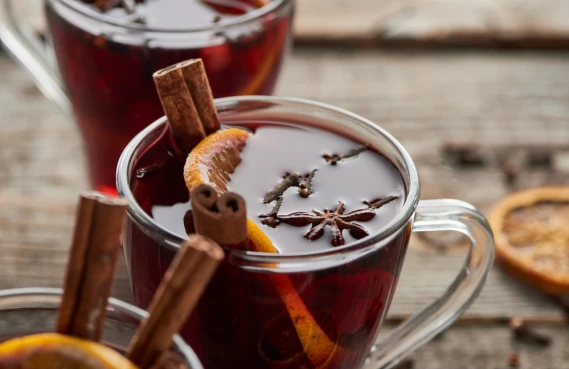
Authentic French Mulled Wine: The Classic Winter Recipe
-
By Jérôme

- Monday, November 24, 2025
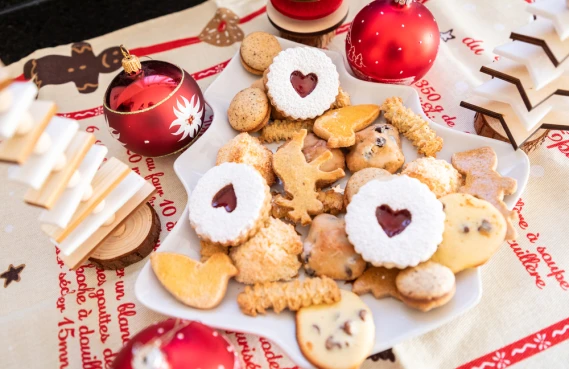
Bredele recipe: easy Alsatian Christmas cookies
-
By Jérôme

- Monday, November 24, 2025
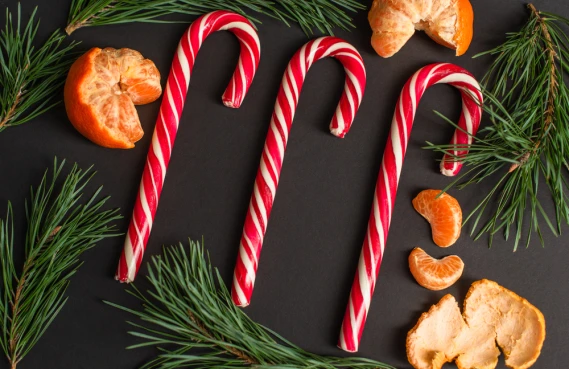
fFrench barley sugar candy: easy recipe + origin explained
-
By Jérôme

- Monday, November 10, 2025
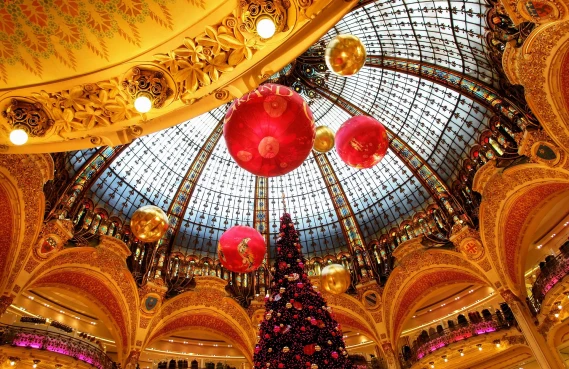
Christmas in France: lights, traditions, and magical markets
-
By Jérôme

- Wednesday, November 5, 2025
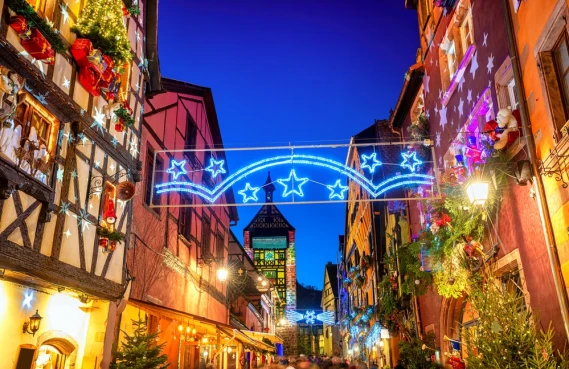
Christmas in France: magical cities, villages, and markets
-
By Jérôme

- Tuesday, November 4, 2025
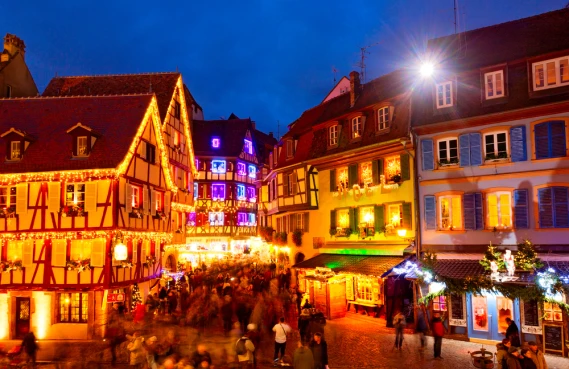
The top 7 Christmas markets in Alsace
-
By Jérôme

- Tuesday, October 28, 2025
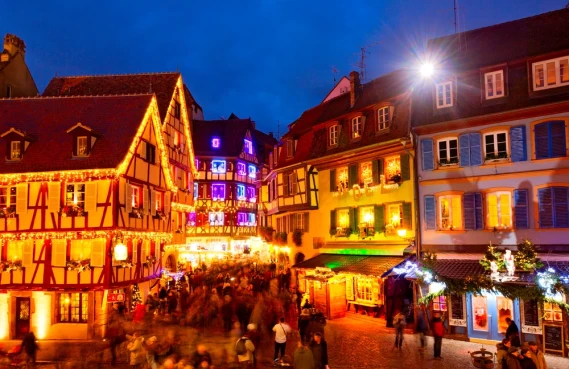
The best Christmas markets in Alsace in one weekend
-
By Jérôme

- Saturday, August 30, 2025
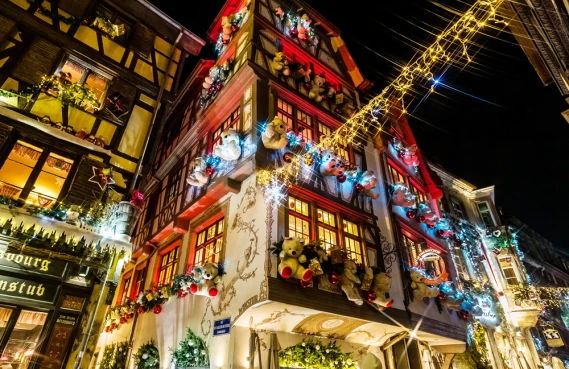
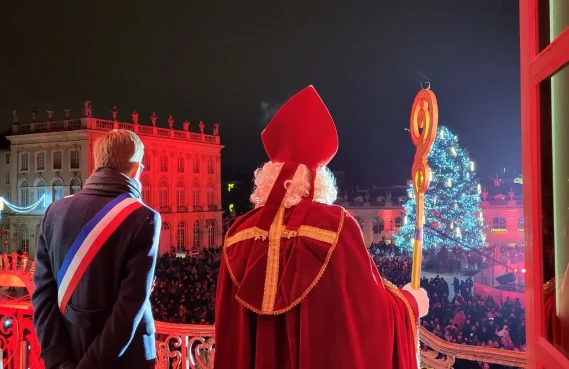
The Saint Nicholas Tradition in Lorraine, France
-
By Jérôme

- Wednesday, November 20, 2024
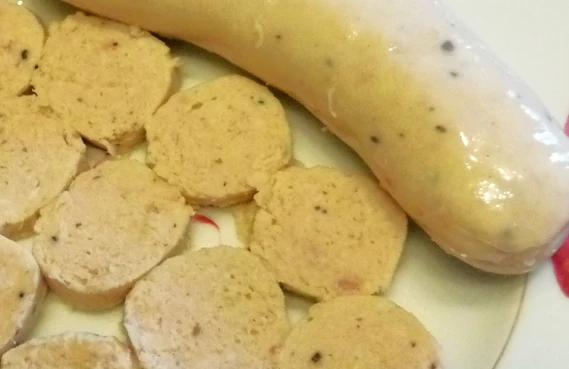
Boudin Blanc: A French Christmas Delicacy
-
By Jérôme

- Tuesday, November 19, 2024